- the paper presents a method that allows a 5−7× reduction in memory footprint compared to indexed triangle meshes
- this is archived by converting vertices into vertex grids and using compressed displacement vectors to compress the vertex data
- the additional work required to decompress the data adds around 15% of overhead
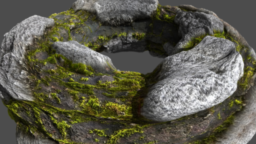
- the blog posts provides an easy to understand summary of the Vulkan Synchronization
- additionally includes information about what parts of the API have changed with Synchronization2
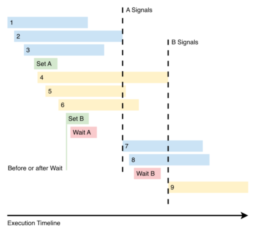
- the article presents experiments with spectral rendering to find an importance sampled wavelength sampling approximation
- presents comparisons of the different approximations
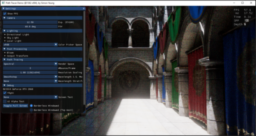
- the paper presents a technique to allow path tracing through sparse volumes
- based on NanoVDB with unbiased multiple scattering volume path tracing and neural denoising
- able to render Disney Clouds in 60 ms
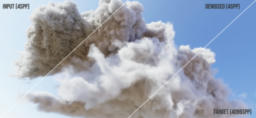
- video recording of the SIGGRAPH 2020 was released
- the paper presents how to use a neural representation to infer additional results such as reflections and global illumination
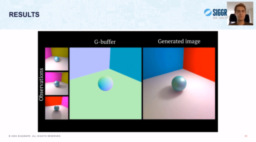
- open-source release of a tool to generate meshlets (for use with mesh shaders, GPU based culling, etc)
- additionally can generate bounding sphere and visibility cones
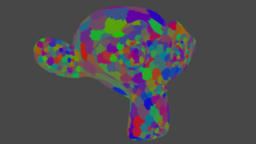
- Vulkan Ray tracing tutorials have been updated
- added new tutorials on how to use vkCmdTraceRaysIndirectKHR and how to ray cast ambient occlusion using ray queries
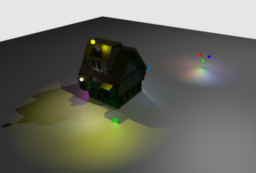
- the paper presents a technique to discover a potentially visible set (PVS) of triangles visible from a region of space
- this technique uses ray shooting guided by Adaptive Border Sampling and Reverse Sampling
- provides an overview of how the method was implemented using Vulkan hardware Raytracing
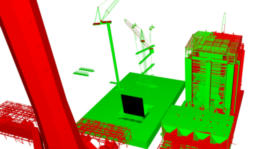
- the video tutorial explains how to generate a procedural stylized lawn shader
- uses a combination of noises to create the shading
- additionally adds support for sparking based on view angle
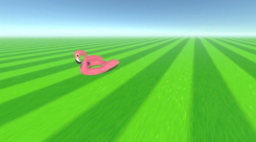
- the Twitter thread presents a breakdown of the Valheim rendering pipeline (implemented using Unity)
- shows the different rendering passes, what shaders are expensive, and usage patterns responsible for suboptimal performance
- additionally provides pointers at possible improvements
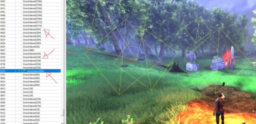
- collection of tech art tweets
- covering art style demonstration, material creation, destruction, and much more
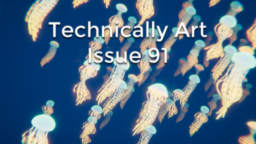
- the tutorial explains an approach how to implement cutting walls into 3D walls
- used method uses a screenspace projected sphere that is placed on walls using raycasting
- implementation walkthrough is using visual scripting in Unity
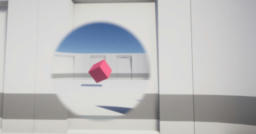
Thanks to Vivitsu Maharaja for support of this series.
Would you like to see your name here too? Become a Patreon of this series.